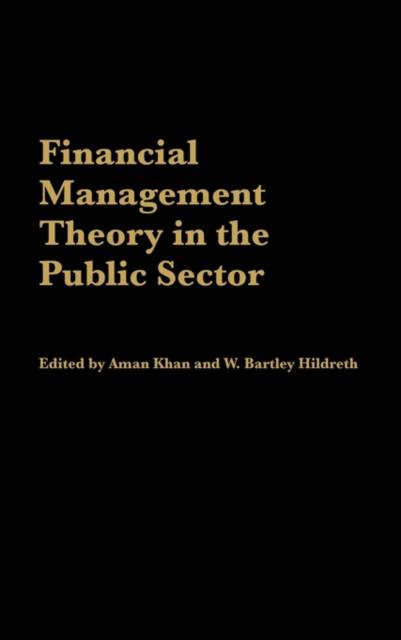
- Retrait gratuit dans votre magasin Club
- 7.000.000 titres dans notre catalogue
- Payer en toute sécurité
- Toujours un magasin près de chez vous
- Retrait gratuit dans votre magasin Club
- 7.000.0000 titres dans notre catalogue
- Payer en toute sécurité
- Toujours un magasin près de chez vous
161,45 €
+ 322 points
Description
To have a clear picture of developments in public financial management, a multidimensional perspective of the field is needed, since governments--unlike for-profit organizations-- serve multiple and often conflicting interests. This book provides this dynamic approach by integrating insights from economics, business, and political science.
Written by some of the leading scholars in the field, this collection presents eleven chapters that run the gamut of public financial management issues. Topics include: Transaction costs in contractual relationships; Uncertain conditions and probability assessment in the bond market; Rational choice and the institutional framework in public investment decision; E-Government financial management models; Budget balance as the building block of public financial strategy. Together the contributors present a robust framework for understanding and analyzing financial decision making in the public sector.Les avis
Nous publions uniquement les avis qui respectent les conditions requises. Consultez nos conditions pour les avis.







